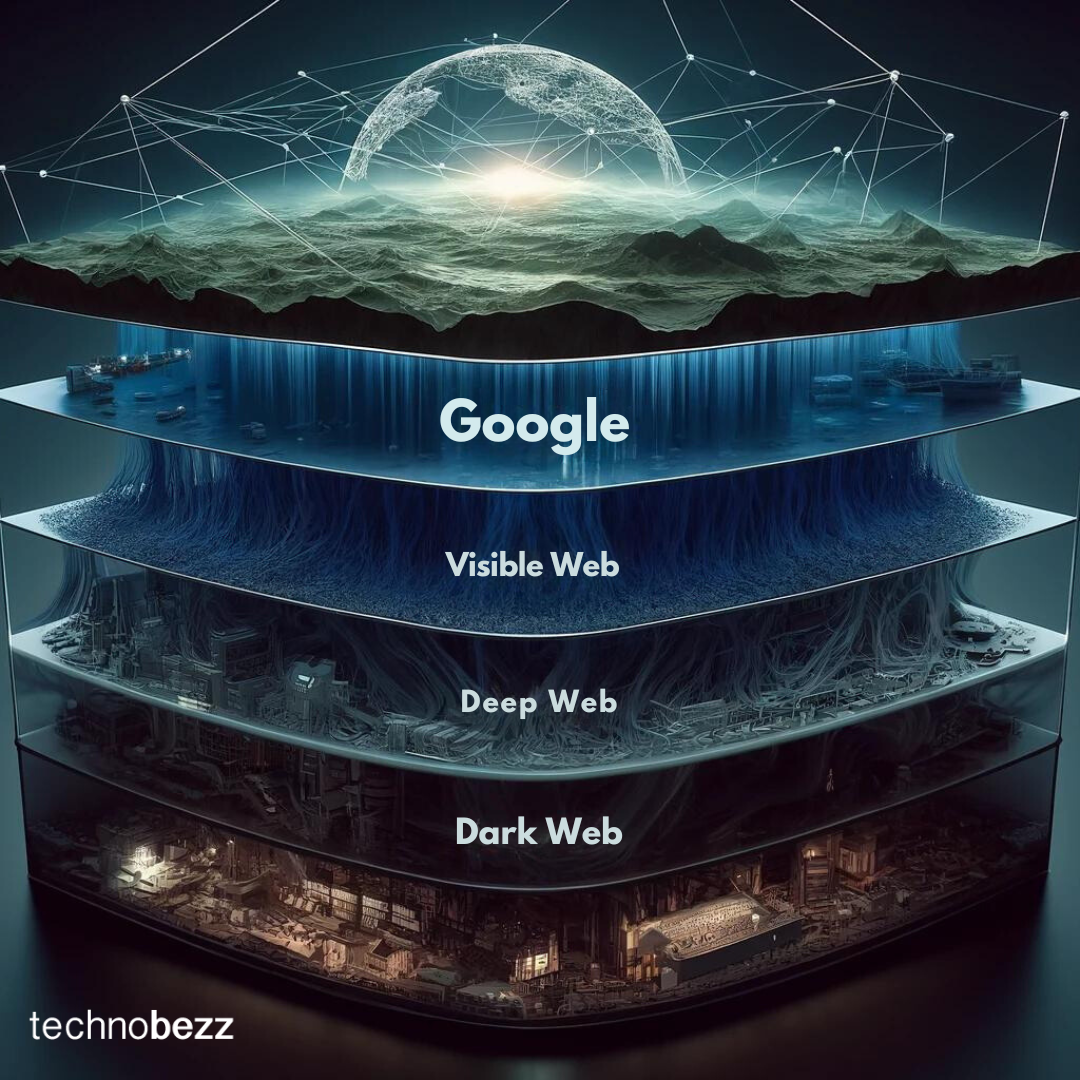
The 13 Best Search Engines to Access the Invisible Web (The Deep Web)

1. DuckDuckGo
The internet is not merely that which is visible. Behind the easily available sites indexed by search tools such as Google lies the Invisible Web (also referred to as the Deep Web). This huge and almost untouched store of knowledge contains vast collections of material ranging from academic papers and government publications to rare databases and concealed websites.
DuckDuckGo is renowned for its privacy focus, making it a reliable tool for the Deep Web. It doesn’t track your searches or personal information like regular search engines do, providing a safe browsing experience instead. This keeps your online activities private even when you are exploring the unexplored corners of the internet.
Moreover, DuckDuckGo retrieves content from the deep web effectively while maintaining its privacy features. It brings together answers from more than 400 sources, thus providing a comprehensive search experience. Therefore, for anyone who would not like to sacrifice any security measures while venturing into hidden parts of the web that are hard to access, it is a very useful tool. If you are looking into a niche area or invisible sections of the internet, DuckDuckGo provides a secure and thorough option for searching.
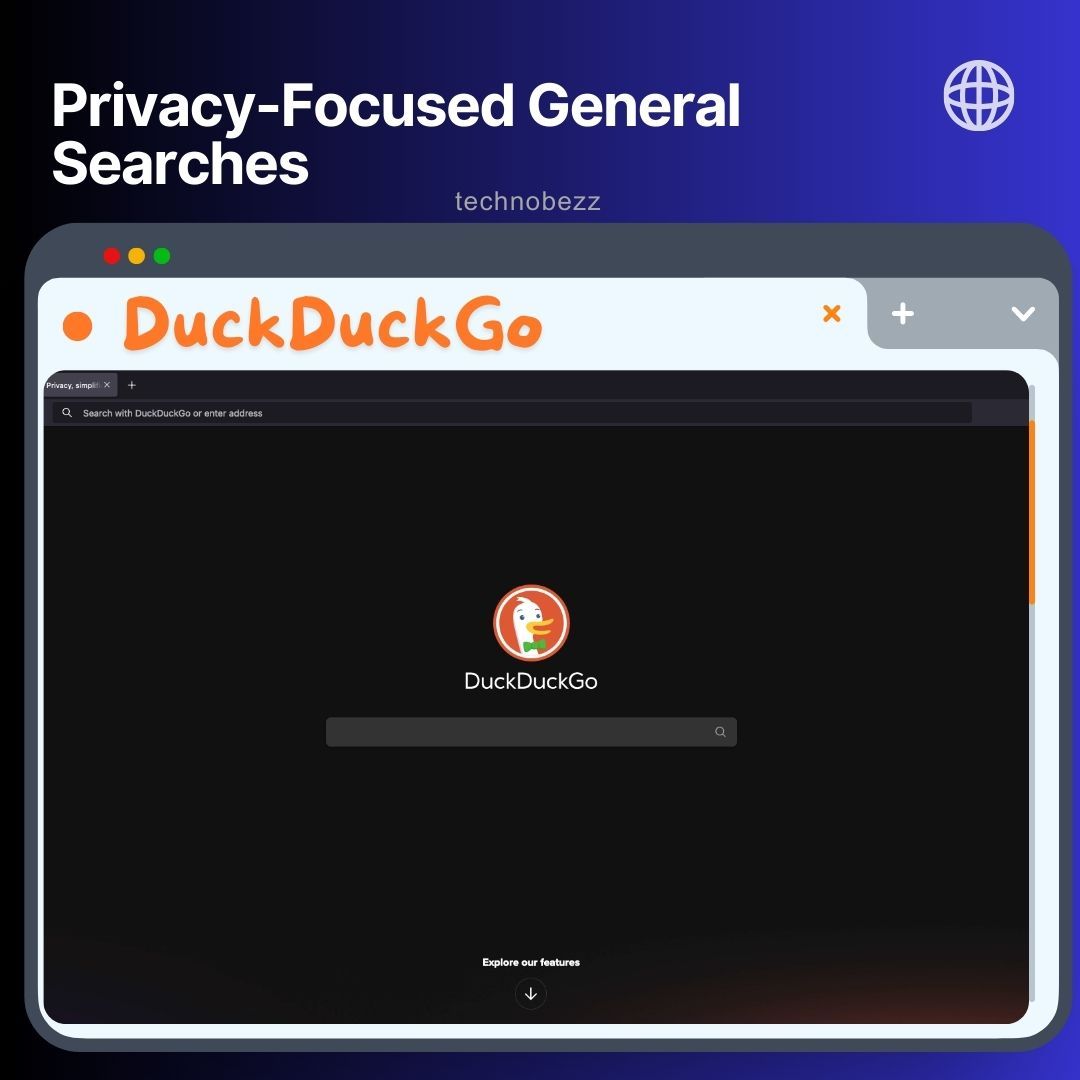
2. Ahmia
Ahmia is a specialty search engine specifically created to index .onion websites on the Tor network, making it an indispensable tool for anyone who wants to explore the Deep Web. As a search engine that facilitates access to hidden websites securely and privately, Ahmia focuses on the Tor network, making it particularly good at showing hidden parts of the internet.
Read also - What Is Tor, Is it Safe, and How Do You Use It (By Avast.com)?
You’ll need the Tor browser to open some of Ahmia’s provided links in order to use it efficiently. Taking this extra precaution is essential for protecting privacy and securely accessing content. However, exercise caution when exploring these obscure web spaces. Even though Ahmia provides a safer browsing experience, dangerous and malicious websites can still be found on the Deep Web.

3. Yippy
Yippy is a distinct metasearch engine that groups search results from multiple sources to facilitate Deep Web exploration. This means it doesn’t just pull information from the surface web but dives into deeper, less accessible databases to bring you complete search results. Yippy sorts its results, making it easier for you to sift through the information and find exactly what you’re looking for.
One of Yippy’s standout features is its ability to retrieve content that other search engines might miss, especially useful for academic and research purposes. However, remember that some of the links Yippy uncovers may require a Tor browser to access securely.
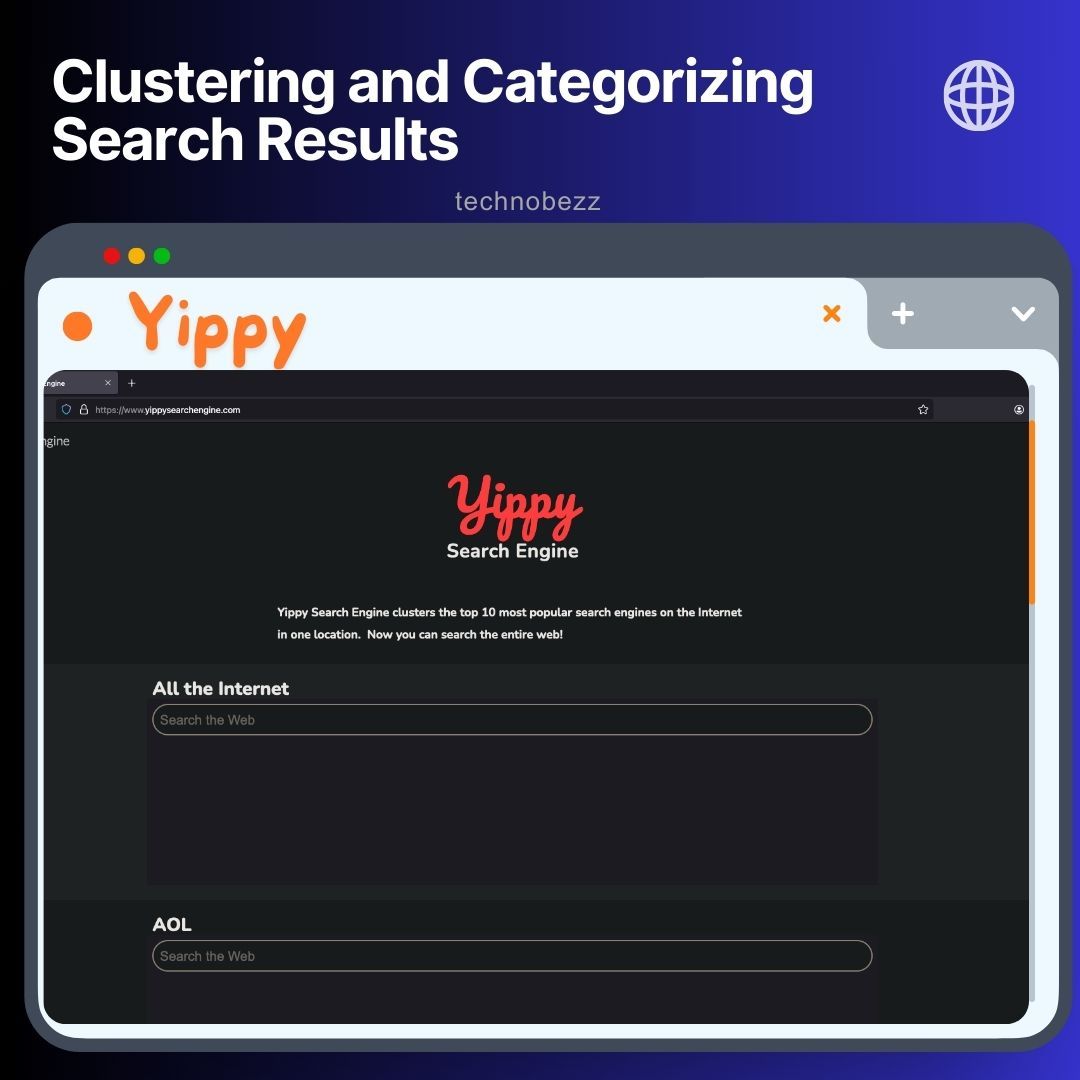
4. Pipl
Pipl is the perfect tool for deep web searching, especially when it comes to finding people. Unlike traditional search engines, Pipl looks through the Invisible Web and retrieves data from social media profiles, public records, and other online sources that are often ignored. This makes Pipl highly useful for conducting thorough background checks, searching for childhood friends, or confirming whether someone has an online presence.
With Pipl, you can reveal much more information than can be obtained with regular internet searches; however, this potent tool should be used responsibly.
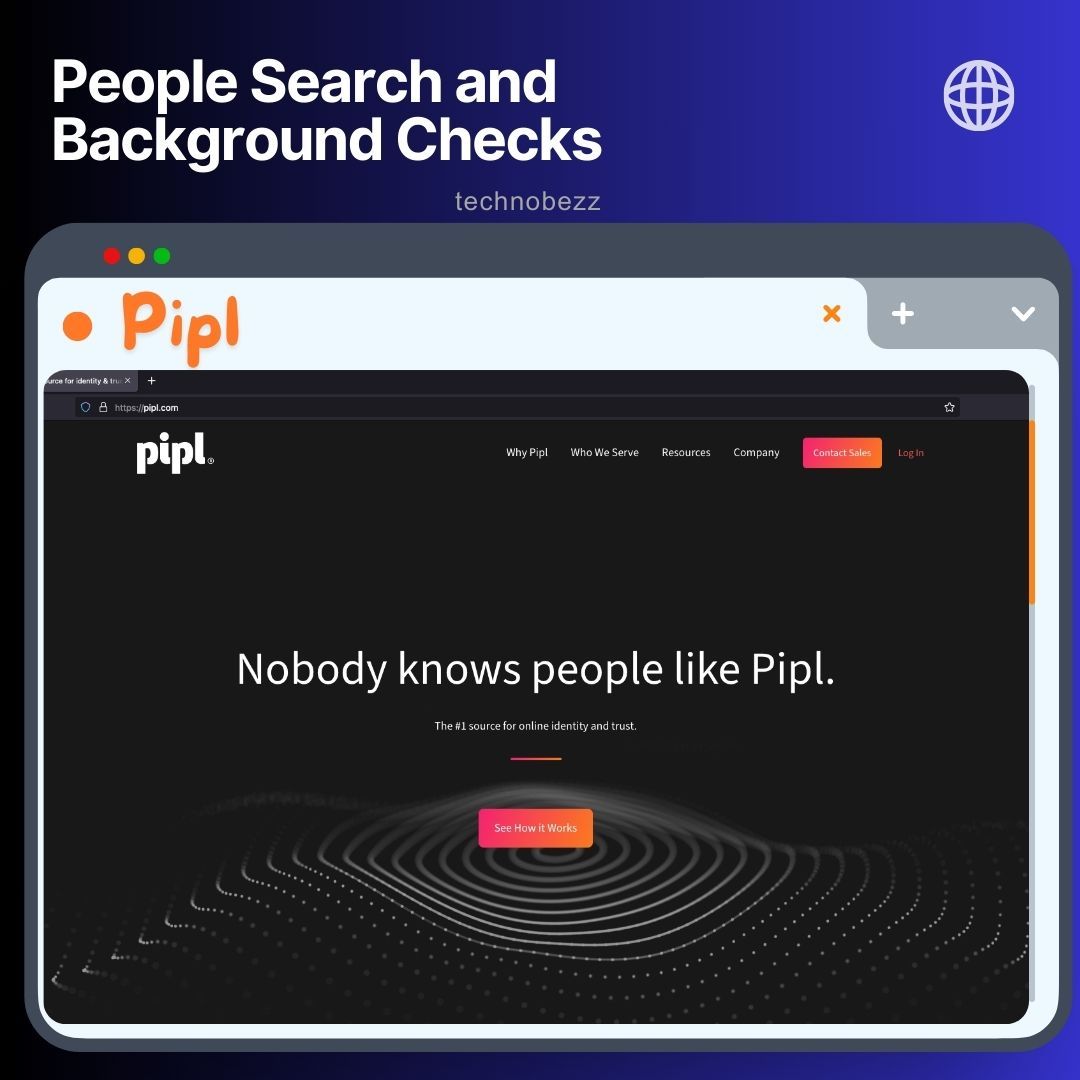
5. The WWW Virtual Library
The World Wide Web Virtual Library is one of the oldest and most reliable online resources. Tim Berners-Lee, the man behind the WWW, also created it. This library provides an array of topics with many information sites that are part of the deep web. Your search results will always be valuable because each website has been checked before being added.
It covers a wide range of topics and gives professionals and researchers access to information that are difficult to find through standard search engines. It is an excellent reference tool. For example, this is the place to start if you want to study scientific research, historical documents, or specialized databases. Accessible as a well-maintained library, it leads you to the internet’s best-kept secrets.
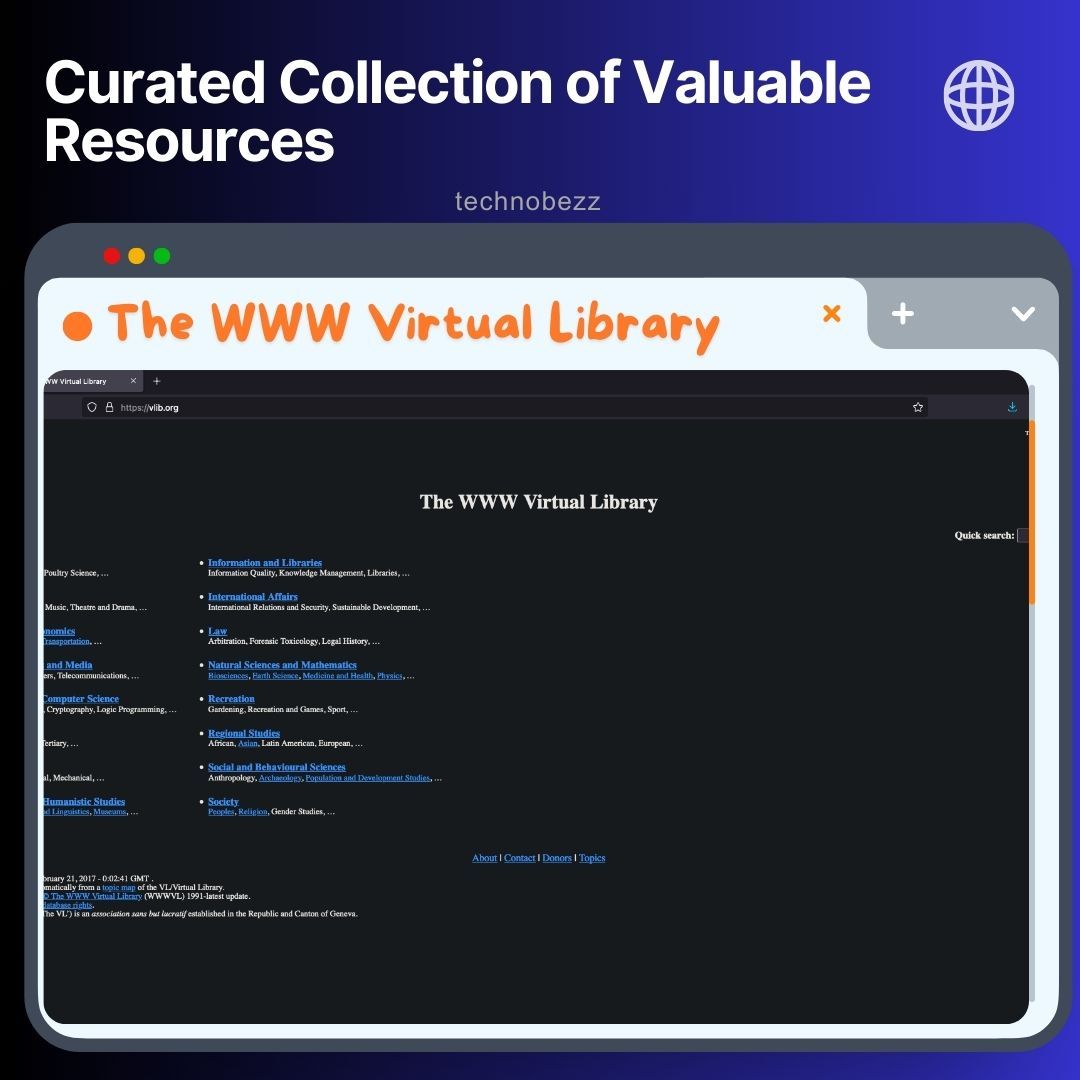
6. DeepDyve
DeepDyve - For scholars, academics, and professionals looking for detailed knowledge that is not easily accessed through the open web, DeepDyve is a goldmine. This search engine is designed to provide researchers with an extensive range of academic papers and research articles on various subjects and disciplines. This makes it ideal for individuals who require credible peer-reviewed sources.
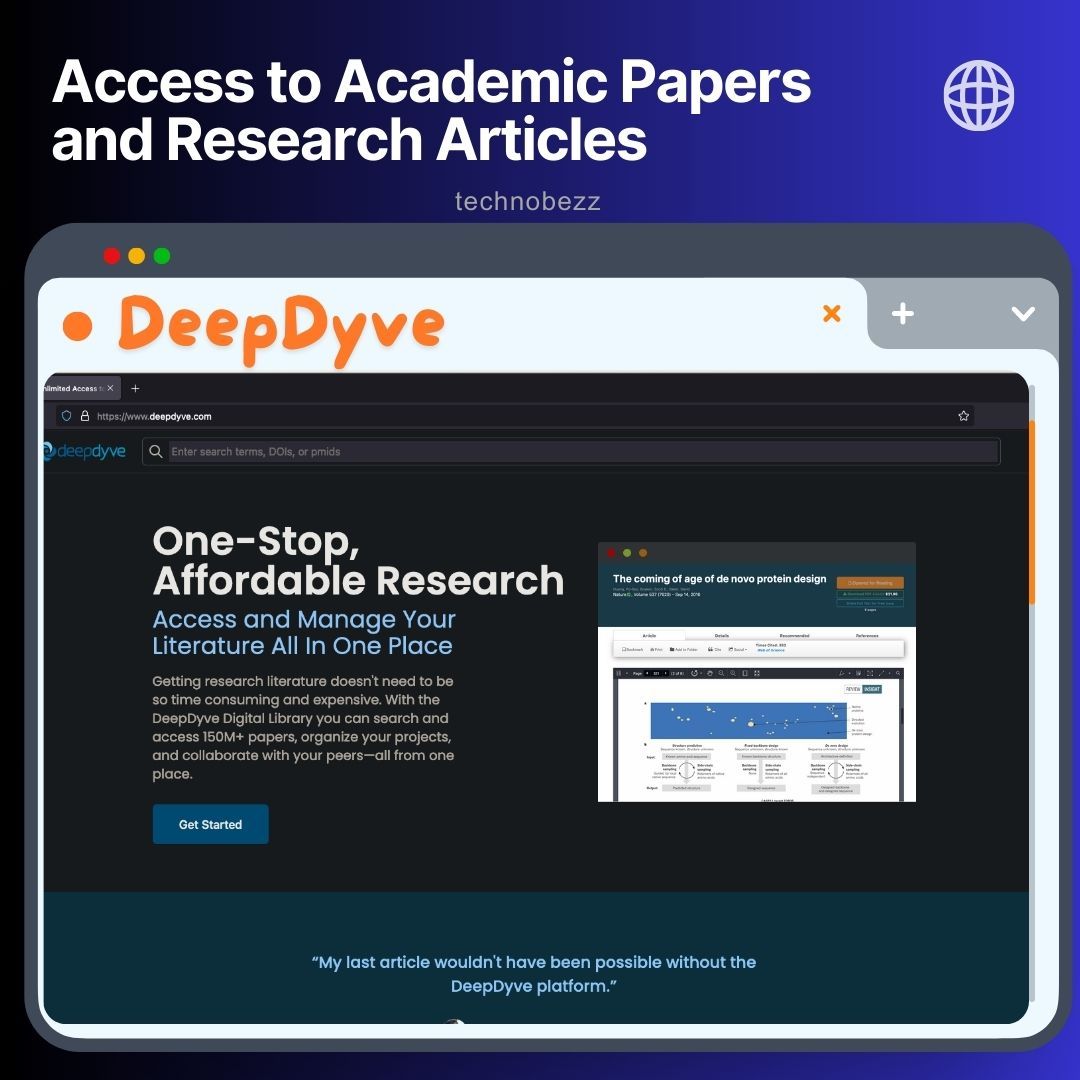
7. Not Evil
Not Evil stands out among other search engines for its ability to navigate the Tor network and locate .onion sites. The developers designed it specifically for use on the Dark Web, focusing on simplicity and privacy. This is the best place for those who want to explore the underground parts of the web, given its user-friendly interface and specialized searching options.
However, remember that Not Evil can only be accessed through links provided by the Tor browser. When you browse around, you should do so with caution, as there is always a possibility of coming across illegal or dangerous content. Not Evil ensures that you feel more secure while exploring the Tor network, but it is important to always remain alert and watch your behavior online.
The Onion site ( Using the Tor Browser) : (http://hss3uro2hsxfogfq[.]onion)
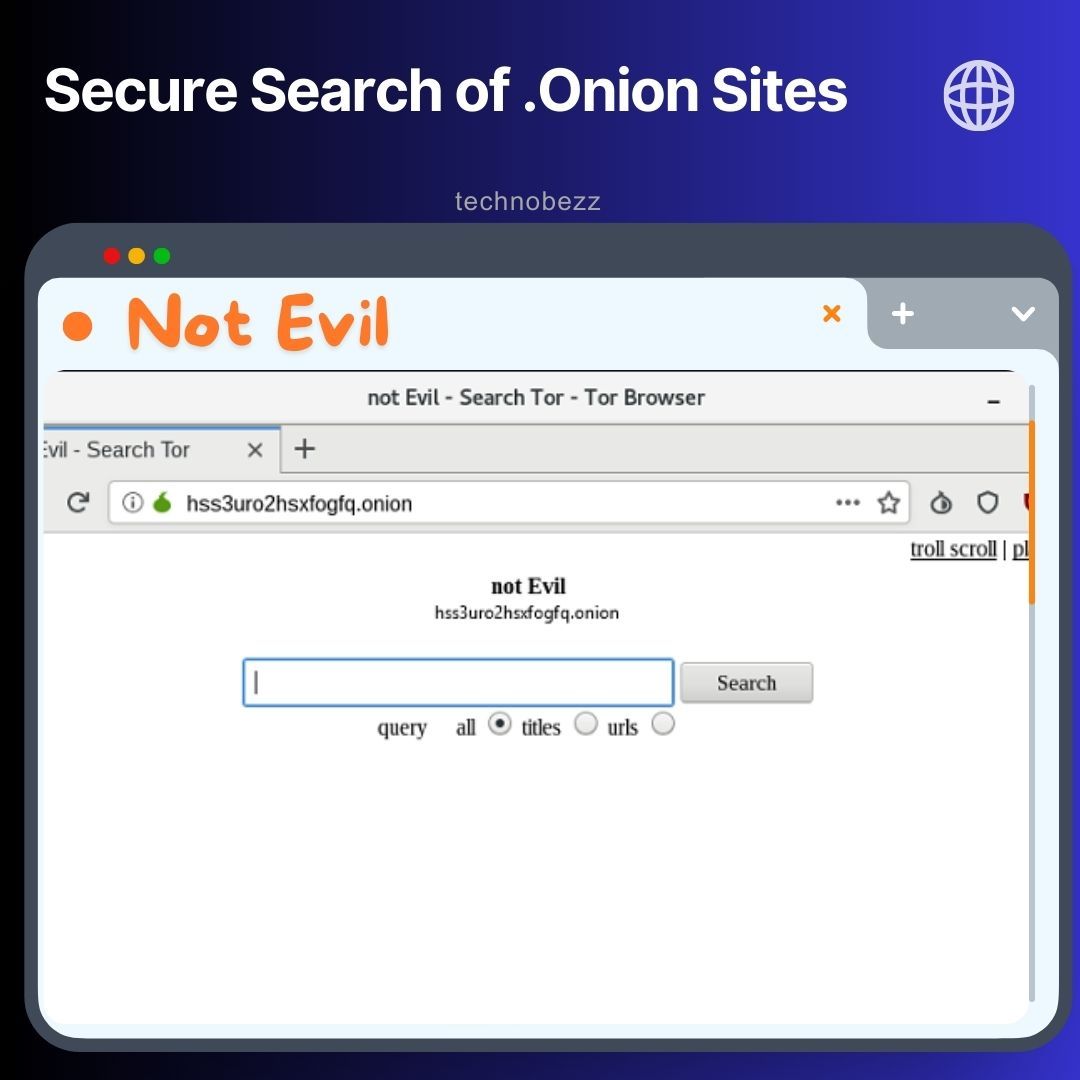
8. Wayback Machine
The Wayback Machine is a tool for those interested in internet history. It’s part of the Internet Archive, allowing users to access historical versions of web pages, making it an important resource for examining the changes of websites over time.
However, it does not function as a regular deep search engine; instead, it provides an opportunity to access data that would otherwise be inaccessible. This makes it perfect for retrieving content that has been deleted or modified on the surface web.
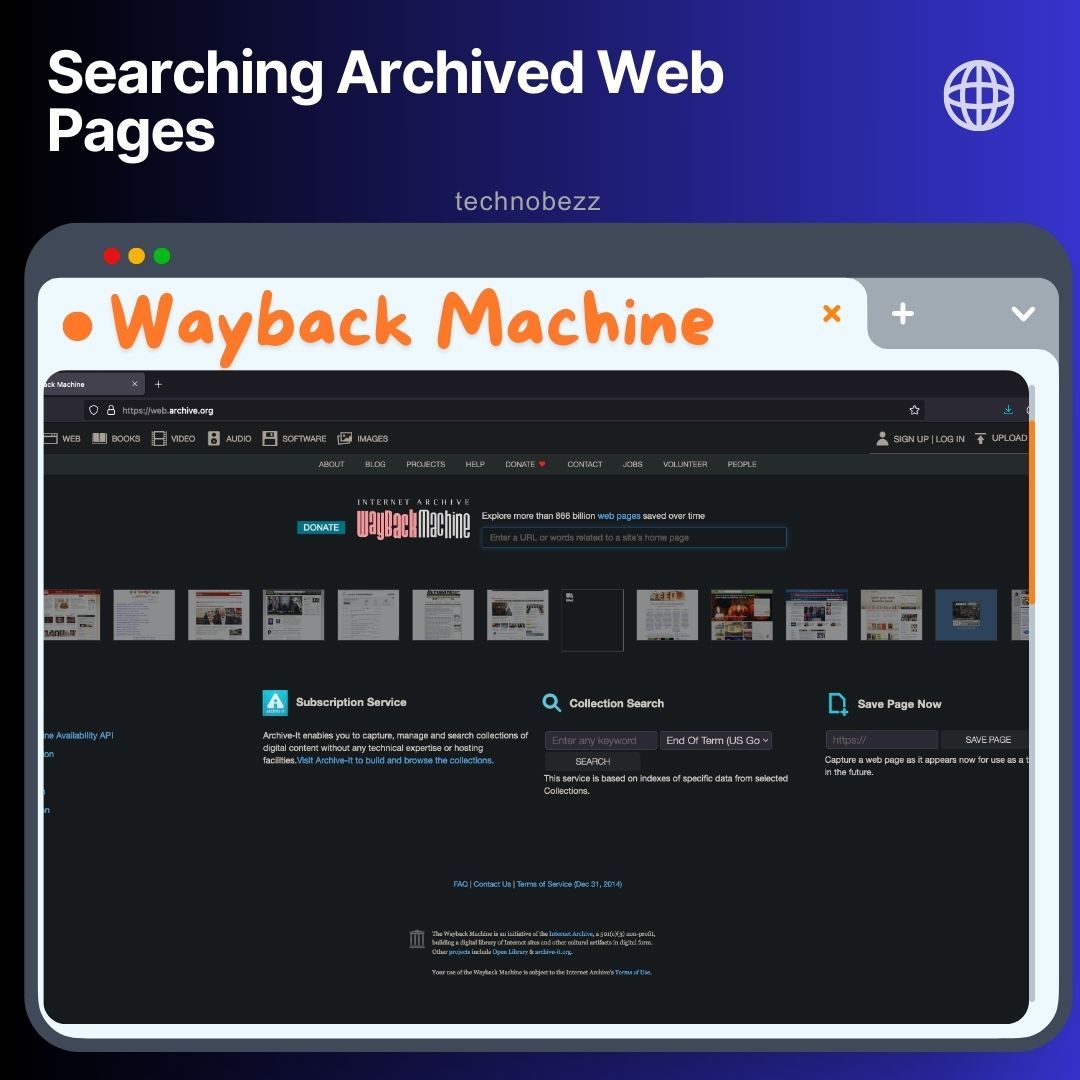
9. Cybersyn
Cybersyn - For those who need to access academic papers, scientific research, and technical documents, Cybersyn is a specialized search engine. If you are a researcher, scholar, or expert looking for intricate and specific information that cannot usually be found on the surface web, then Cybersyn is your best asset.
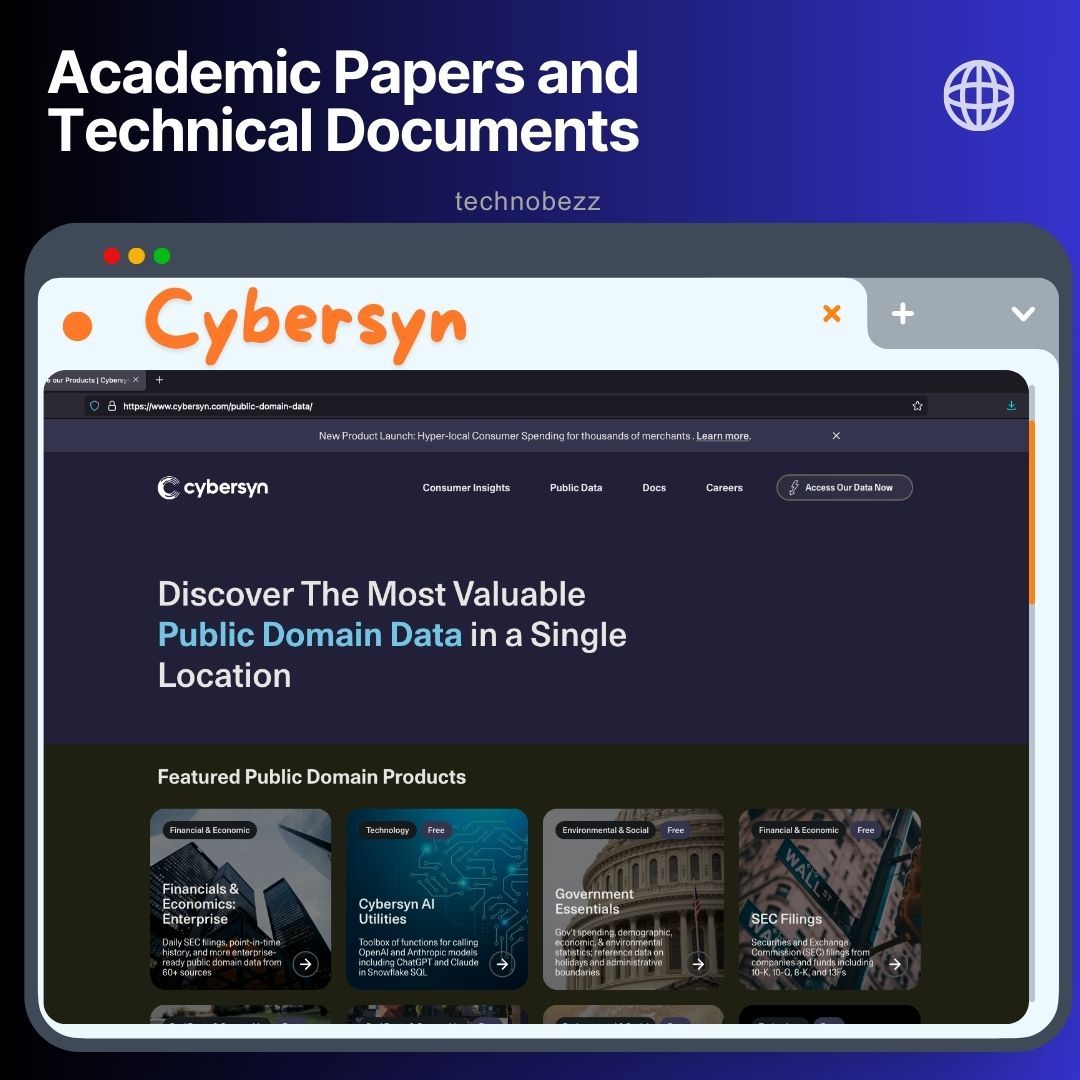
10. USA.gov
USA.gov is the official gateway to an extensive range of resources and information from the United States’ administration. If you need services from federal, state, or local governments, it is available in the USA.gov directory. It is an invaluable resource for anyone seeking detailed government program information, public records, and official documents that are not readily accessible using regular search engines.
It can connect you with a number of public resources at once. It simplifies your work if you are checking on government policies, grant information, or trying to find public service offices in your area. It should be the first place that anyone in need of trustworthy and authoritative government information goes.
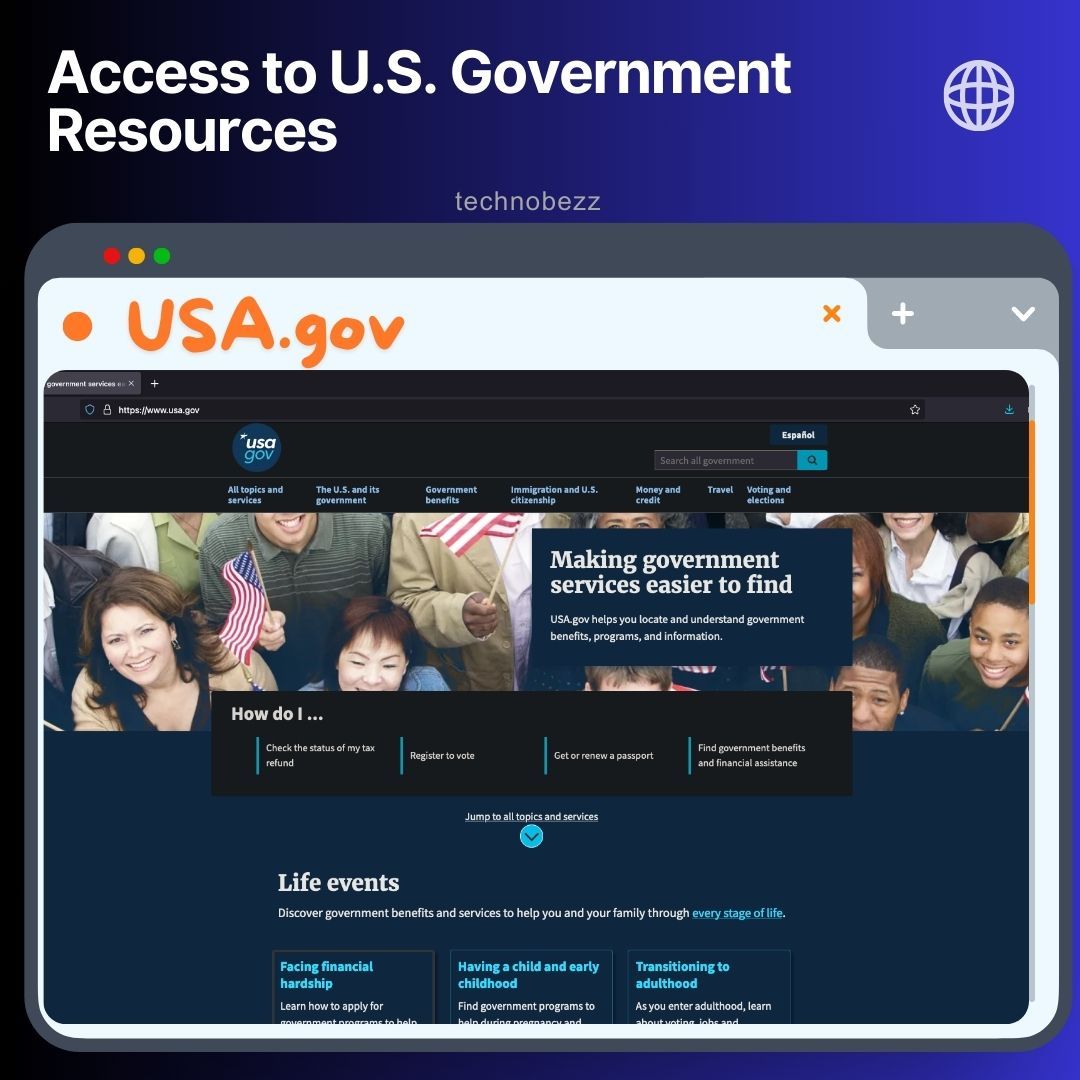
11. SearXNG
SearXNG is a powerful metasearch engine appealing to privacy-conscious individuals. Unlike traditional search engines, SearXNG aggregates results from over 70 sources, making it more thorough. The main reason many people opt for it is that SearXNG does not keep any user data, meaning you can browse the web privately without being traced.
To get the full potential of SearXNG, especially for deep web content, use the Tor browser. This combination increases your chances of finding concealed or hard-to-find information while maintaining high privacy.
The Onion link ( Using the Tor Browser) - (http://searx3aolosaf3urwnhpynlhuokqsgz47si4pzz5hvb7uuzyjncl2tid[.]onion)

12. Fazzle
Fazzle is a versatile metasearch engine that combines the power of various search tools to provide complete searches, bringing together a wide range of information in one place. It is particularly helpful for people who need to search through multiple sources without having to jump from one search engine to another.
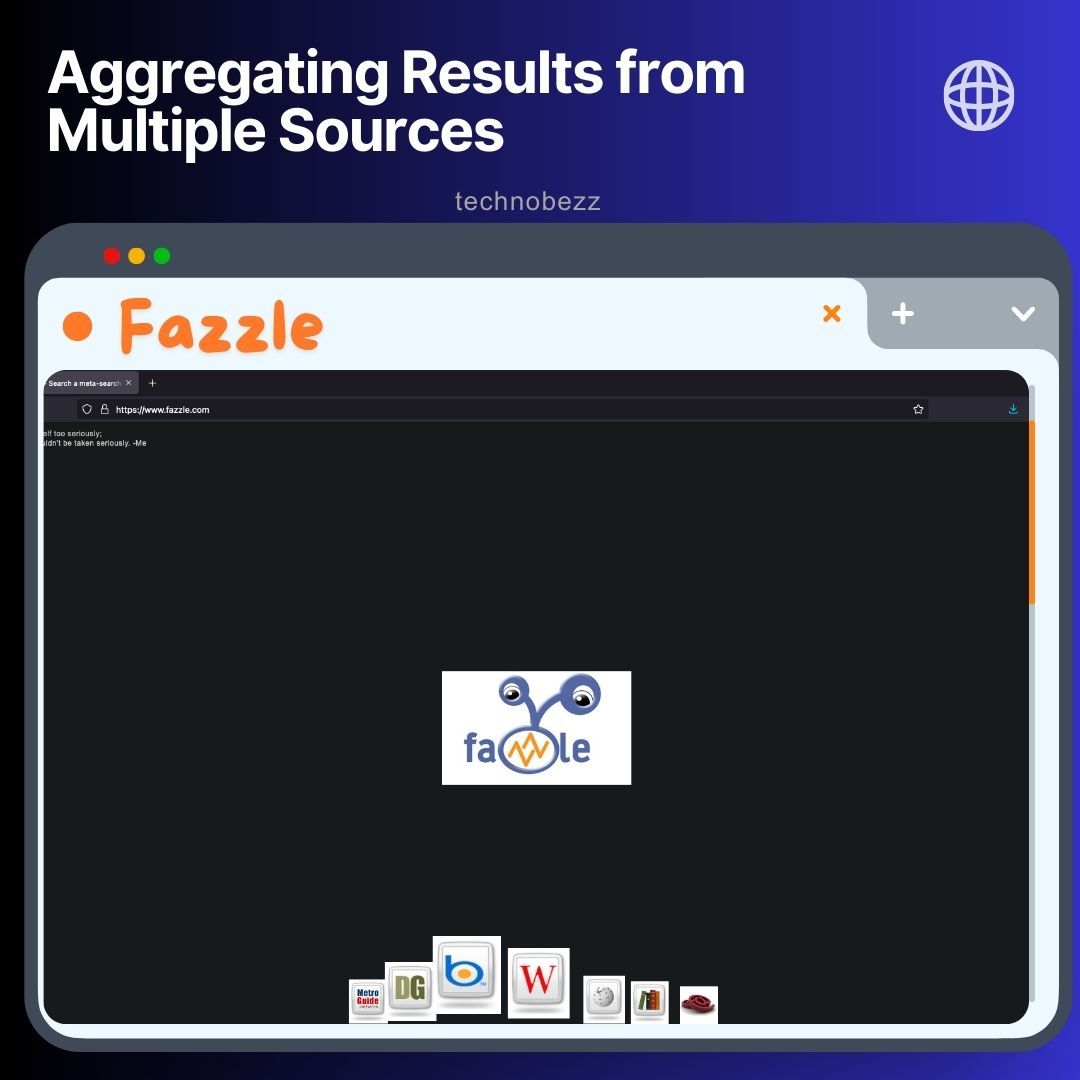
13. Qwant
Qwant is a privacy-conscious search engine that distinguishes itself by refusing to track users or censor results. This makes it a great option for anyone who is worried about their privacy when using the internet. With its ability to aggregate content from multiple sources—including sections of the deep web—Qwant offers an extensive and objective search experience.
Other notable ones that did not make the list due to user safety concerns:
- Torch
- The Hidden Wiki
- Haystak
- Elephind
FAQ
How is the Deep Web different from the Dark Web?
The Deep Web consists of content that all standard search engines cannot index; hence it comprises many legal and important sources. However, the latter is a smaller segment of the former, intentionally obscured from detection and mostly related to illegal purposes. Although valuable data can be found in the Deep Web, the Dark Web offers anonymity as well as possibilities for illegal activities.
Is it safe to browse the Invisible Web?
Invisible Web browsing could be dangerous if you are not cautious enough while doing so. The Tor browser should be used as a secure tool with respect for privacy. Understand that although it may contain useful information, the Dark Web also has malicious or harmful sites.
What precautions should I take when exploring the Invisible Web?
Before you start searching through the Invisible Internet, ensure you use secure and private browsers such as the Tor Browser. Do not click on any untrusted links and do not download files from unsecure sources. Consider whether accessing certain types of information is legal or ethical and always put your online safety first.

Recent
Highlights

If Your Fridge Has These 7 Smart Features, You're Paying Too Much

7 Ways Hackers Steal Your Data Without Your Password

Never Ignore These Privacy Alerts on Your TV (They're Not a Glitch)

15 Things You Didn't Know Your iPhone Could Do

12 Phone Settings That Are Secretly Exposing You to Hackers
